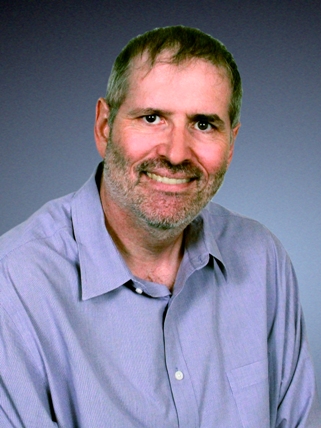NSU Newsroom
SharkBytes
Horizons
This version of NSU News has been archived as of February 28, 2019. To search through archived articles, visit nova.edu/search. To access the new version of NSU News, visit news.nova.edu.
This version of SharkBytes has been archived as of February 28, 2019. To search through archived articles, visit nova.edu/search. To access the new version of SharkBytes, visit sharkbytes.nova.edu.
Next Faculty Lecture to Focus on Thurgood Marshall’s Fight to End Death Penalty, Oct. 18
For 20 years, U.S. Supreme Court Justice Thurgood Marshall fought to end capital punishment in the United States. The next talk in the Farquhar College of Arts and Sciences Faculty Lecture Series will discuss Marshall’s ongoing attempts to deem the death penalty unconstitutional.
Faculty Lecture Series
“’Excessive,’ ‘Unnecessary,’ and ‘Shocking to [the] Conscience’: Thurgood Marshall’s Unending Fight Against the Death Penalty”
Charles Zelden, Ph.D., professor at the college.
Thursday, Oct. 18
Noon–1:00 p.m.
Alvin Sherman Library | Second Floor Gallery
About the Talk
As the only Supreme Court justice to have litigated a death-penalty case, Marshall knew firsthand the “extraordinary unfairness that … surrounds the administration of the death penalty.” This knowledge made Marshall a dedicated foe of capital punishment. Whether in the majority or (more often) in dissent, Marshall consistently ruled the death penalty unconstitutional.
For Marshall, the matter was clear-cut and obvious: the death penalty was “an excessive and unnecessary punishment that violates the Eighth Amendment.” This talk will explore Marshall’s death-penalty jurisprudence, describing his unsuccessful 20-year fight to end capital punishment in America.
The Faculty Lecture Series draws from the knowledge and expertise of more than 120 full-time faculty members within the Farquhar College of Arts and Sciences. The Series explores the faculty’s diverse areas of interest in the arts, humanities, social sciences, physical sciences, and biological sciences. These talks are free and open to the public. For more information, contact Jim Doan, Ph.D., professor at the college, at (954) 262-8207.
